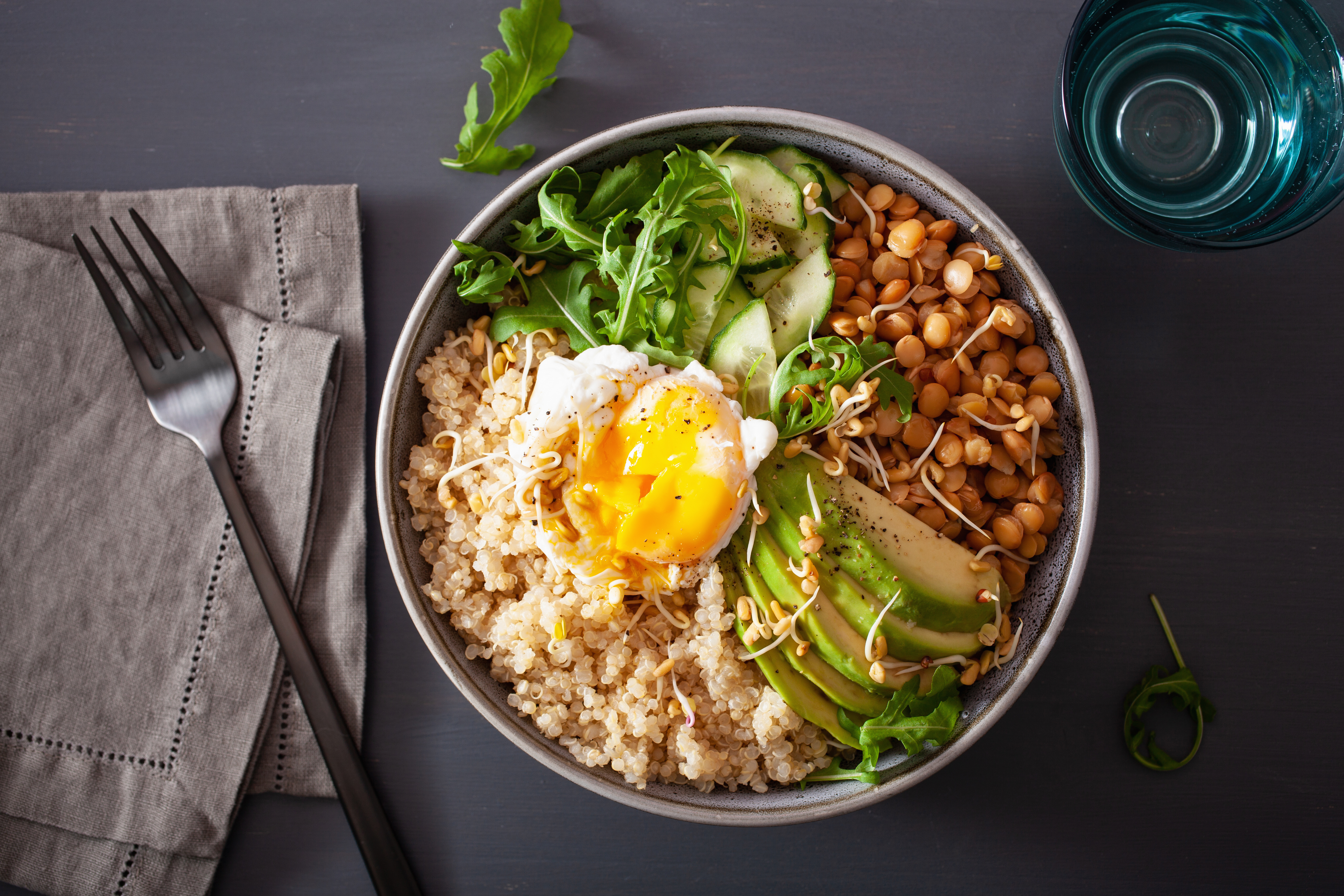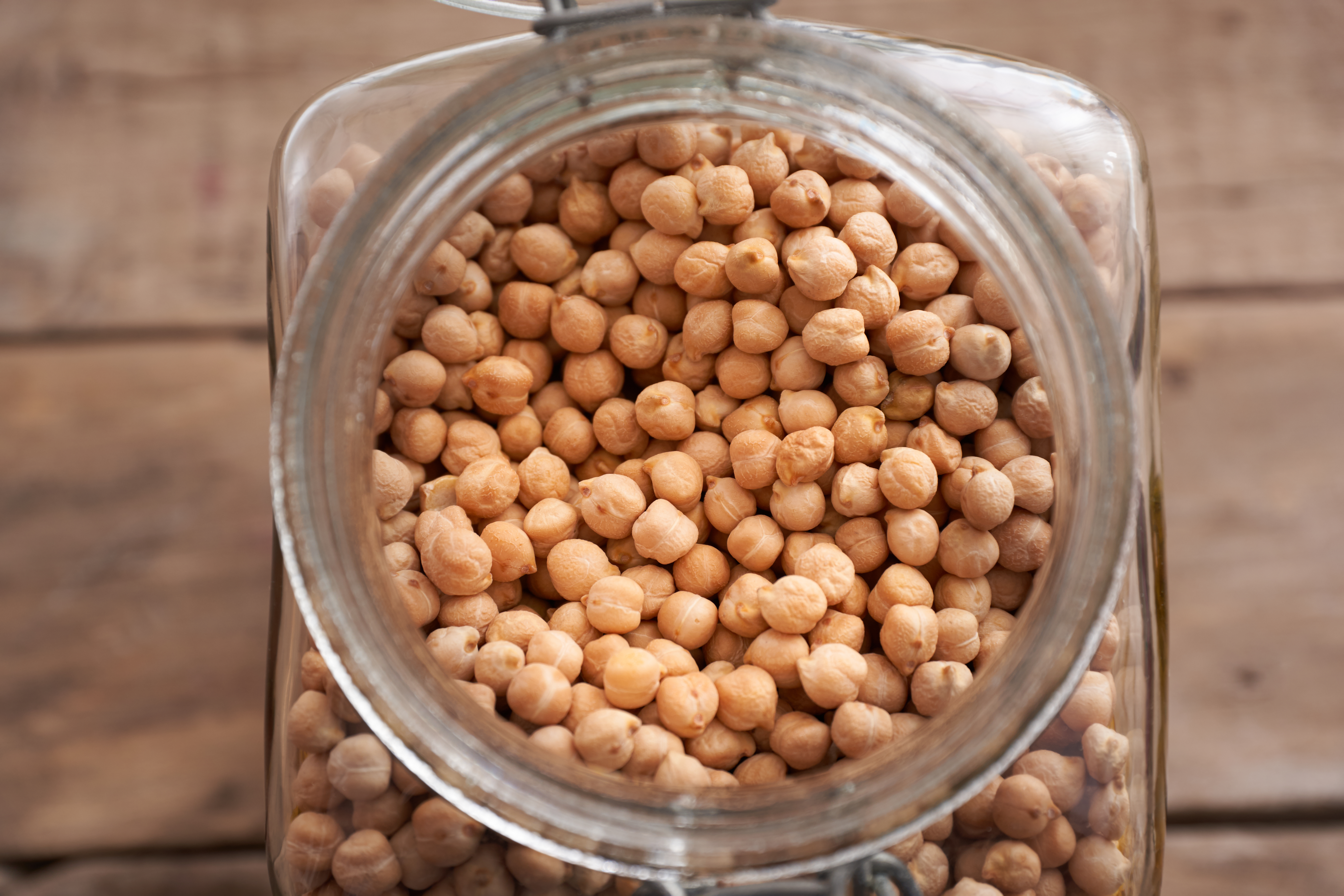A Dietitian's Guide to Lowering Cholesterol Without Medication
5. Choose Whole Grains

Whole grains are an excellent source of dietary fiber, particularly soluble fiber, which plays a significant role in lowering cholesterol. Foods like brown rice, quinoa, barley, and whole wheat bread are rich in nutrients and can help reduce LDL cholesterol levels. Whole grains also have a lower glycemic index, which can aid in blood sugar management and reduce the risk of developing heart disease. By making the switch from refined grains to whole grains, you can support your heart health and enjoy a variety of delicious and satisfying foods.
6. Prioritize Plant-Based Proteins

Plant-based proteins, such as beans, lentils, tofu, and tempeh, are excellent alternatives to animal proteins, which are often high in saturated fats. These plant-based options are naturally low in unhealthy fats and rich in fiber, making them ideal for lowering cholesterol. Research suggests that diets high in plant-based proteins can reduce the risk of heart disease and improve cholesterol profiles. Incorporating more plant-based meals into your diet can be a delicious and effective way to support heart health.
